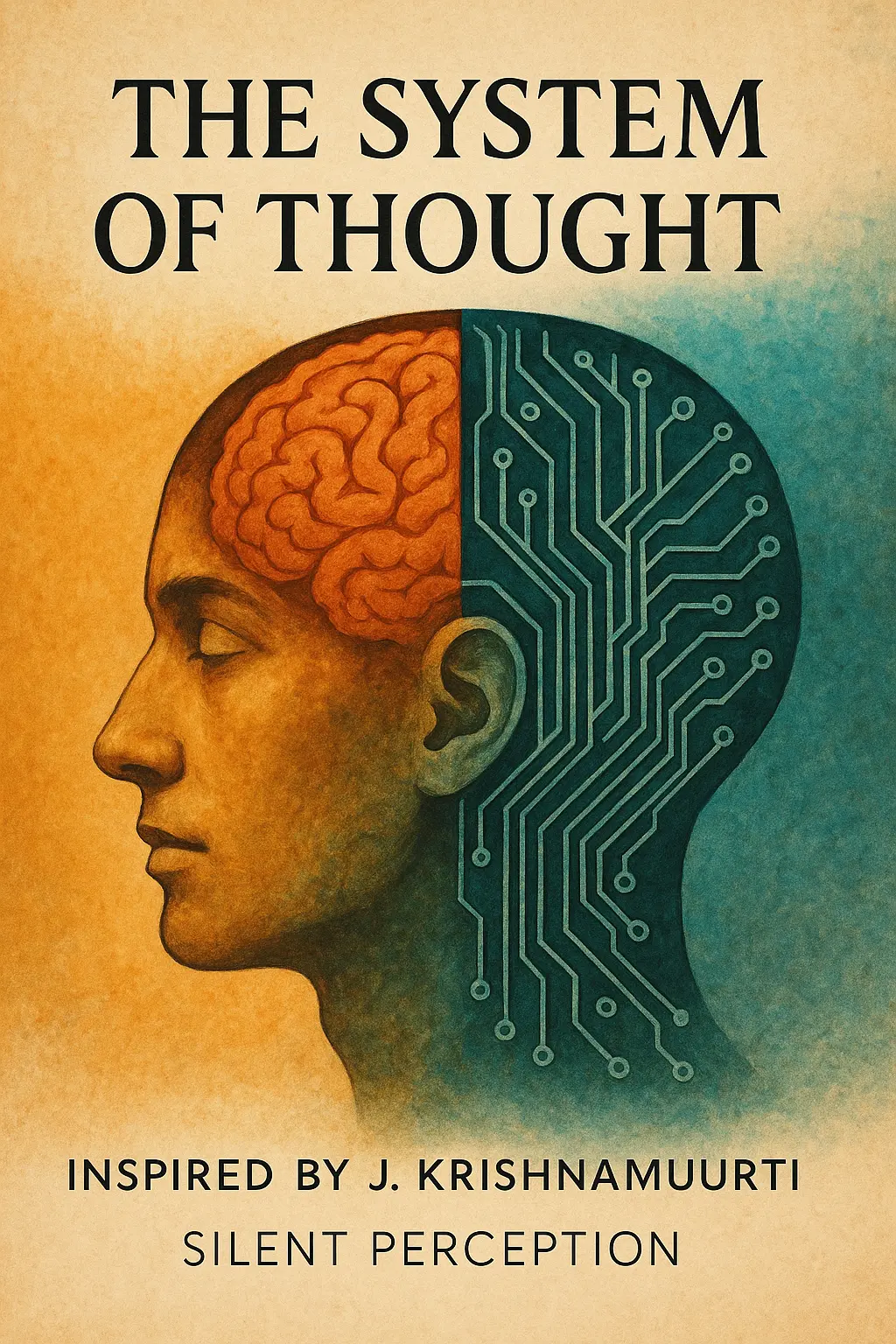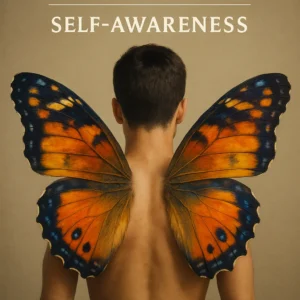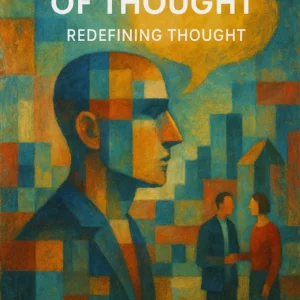Description
The System of Thought: Thought as a Whole
What if everything you think, feel, and perceive arises from a single interconnected system?
We often divide our experience into compartments — intellect, emotion, memory, perception — yet these are not separate processes. They combine to form one system: thought.
In The System of Thought: Thought as a Whole, we undertake a profound inquiry into the nature of thought and reveal it as a coherent system — from the acquisition of information through perception, to the processing of that information as knowledge, and the response of knowledge through action.
Inside this inquiry:
- Intellect, Emotion, and Body — How thought expresses itself through all aspects of our being
- Assumption and Reaction — How a single premise can shape your entire emotional and physical state
- Knowledge and Perception — How thought arises from past experience and moves as memory
- Sensation and the Origins of Perception — Where perception begins and how it divides into physical and psychological inputs
- The Thinker and the Observer — Why the one who thinks and the one who sees are both made of thought
- The Whole System — A comprehensive model of thought as an indivisible process
This book is an exploration of how thought works — how it builds itself, reinforces itself, and becomes the “self” you experience. The book concludes with a unified understanding of thought as a single, self-operating system.
You are not separate from thought. You are its movement.
For readers of Krishnamurti, David Bohm, or those interested in the foundations of perception, identity, and self-awareness, The System of Thought offers a map of the territory that is you.





Reviews
There are no reviews yet.